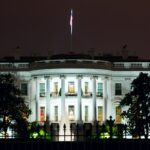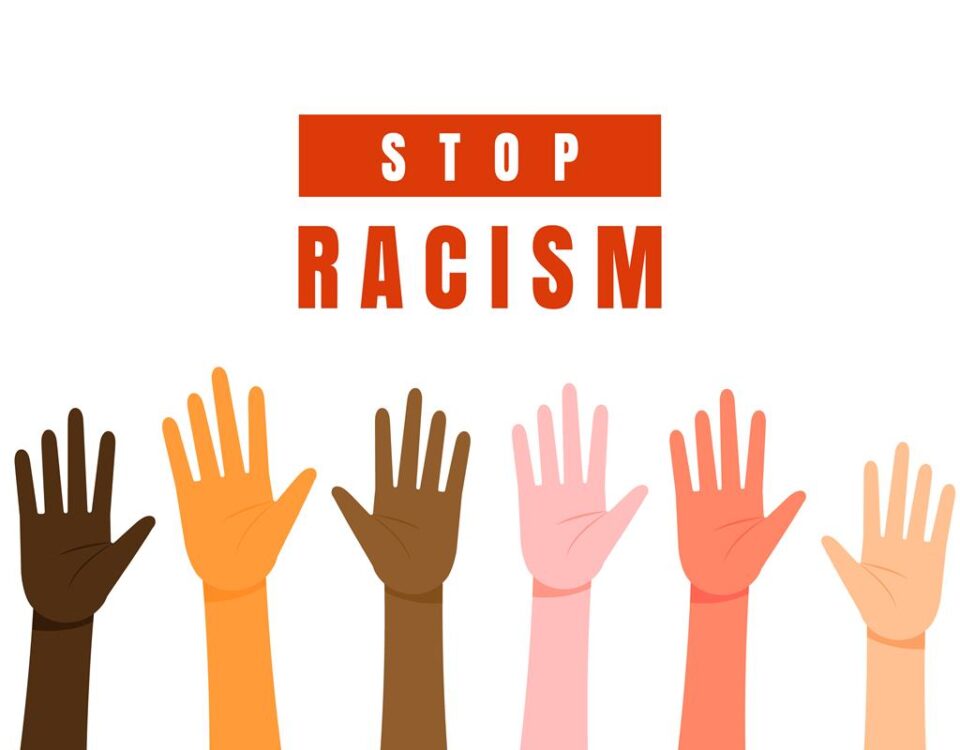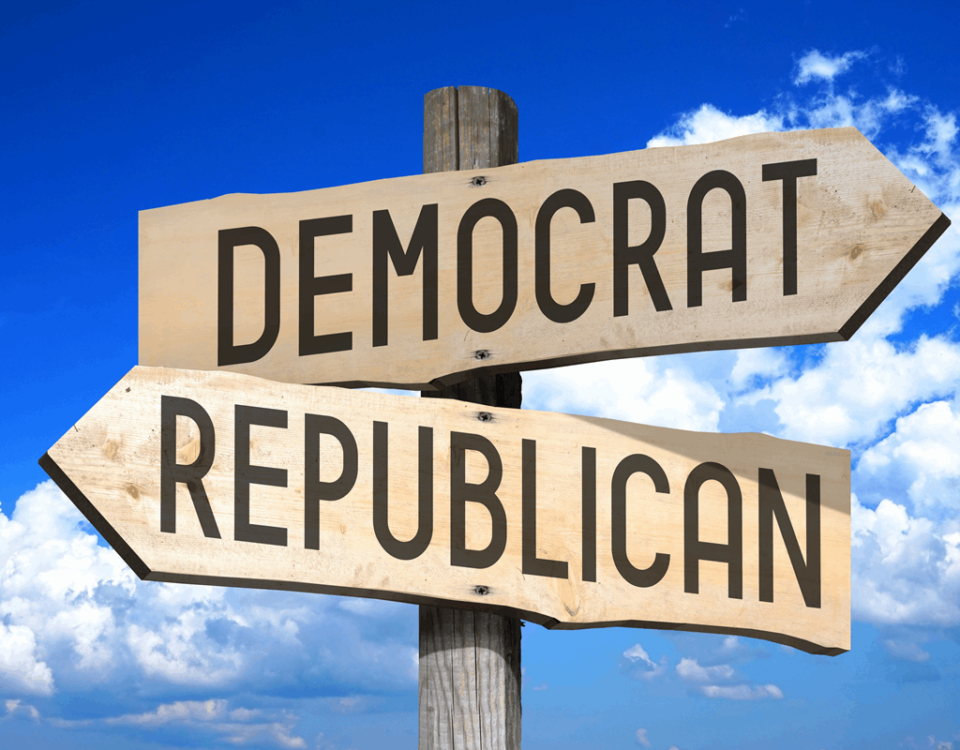
DOGE: Elon’s Warning of Bankruptcy
October 19, 2024
Searching For Biden’s Enablers
October 27, 2024Michigan Election Shenanigans
Over the years, Michigan has played a crucial role in national elections, often regarded as a key battleground state due to its mix of urban, suburban, and rural voters. This dynamic has led to Michigan’s reputation as a “swing state,” with presidential candidates frequently prioritizing its electorate. Detroit, the state’s largest city, is a political powerhouse that significantly influences state and national election outcomes, and it has been at the center of several notable election scandals and controversies.
Michigan joined the Union in 1837, and its electoral history has been marked by periods of both Republican and Democratic dominance. The Republican Party found its first significant foothold in Michigan during the Civil War, largely due to the party’s anti-slavery stance, which resonated with many Michiganders.
For much of the late 19th and early 20th centuries, Michigan was a reliably Republican state, partially due to its industrialized economy and the interests of the working-class population that the GOP at the time championed. However, by the mid-20th century, the political tides began to shift, particularly due to Detroit’s booming auto industry and its large, unionized workforce, which leaned more toward the Democratic Party.
Detroit’s industrial prosperity attracted waves of workers, including many African Americans migrating from the South during the Great Migration. These demographic changes bolstered Democratic support in Michigan, particularly in Detroit. By the 1960s and 70s, Michigan became a competitive swing state, with voters often split between their support for Democrats at the federal level and Republicans at the state level. This swing-state status solidified Michigan as a pivotal state in presidential elections, a position it holds to this day.
Detroit’s role as Michigan’s largest and most politically influential city has also made it a focal point for election-related controversies. Some of the most notable scandals revolve around allegations of voter fraud, ballot mishandling, and issues with election oversight.
One of Detroit’s earliest significant election controversies occurred in 1946, involving ballot tampering in a local mayoral election. Reports of ballot box stuffing and voter intimidation led to a public outcry and increased scrutiny of Detroit’s electoral processes. However, it wasn’t until the 1970s and 80s, during Coleman Young’s tenure as mayor, that Detroit became synonymous with allegations of election irregularities. Young, Detroit’s first African American mayor, faced accusations of fostering a political machine that manipulated voter registration rolls and mismanaged city resources to influence election outcomes.
More recently, the 2020 presidential election placed Detroit in the national spotlight again, with widespread scrutiny of absentee ballot counting at Detroit’s TCF Center. Allegations of procedural irregularities, including reports that some election observers were barred from monitoring the count, led to legal challenges and protests.
The combination of Detroit’s historically high voter turnout and its overwhelmingly Democratic support has repeatedly drawn the attention of critics, leading to intensified calls for election reform and transparency. Despite the controversies, Detroit’s elections remain central to Michigan’s role in national politics, and the city’s political influence reflects the complex social, economic, and racial dynamics that shape Michigan’s electoral landscape.
Constitutional attorney serving the state of Michigan Matthew S. DePerno, Esq. has already tweeted out, “After reviewing the Qualified Voter File (QVF) of votes actually cast as of yesterday, Oct 29, 2024, the database identifies 114,545 Michigan voters who have cast 279,113 ballots from multiple addresses across the state. This resulted in 164,568 excess ballots as of 10/29/2024. Below is one Voter ID.” I ask, are we going to have a repeat of endless shenanigans back in 2020 resurface once again in 2024?
C. Rich
CRich@AmericaSpeaksInk.com

C. Rich is the voice behind America Speaks Ink, home to the America First Movement. As an author, poet, freelance ghostwriter, and blogger, C. Rich brings a “baked-in” perspective shaped by growing up on the streets and beaches of South Florida in the 1970s-1980s and brings a quintessential Generation-X point of view.
Rich’s writing journey began in 2008 with coverage of the Casey Anthony trial and has since evolved into a wide-ranging exploration of politics, culture, and the issues that define our times. Follow C. Rich’s writing odyssey here at America Speaks Ink and on Amazon with a multi-book series on Donald Trump called “Trump Era: The MAGA Files” and many other books and subjects C. Rich is known to cover.
“America Speaks Ink is a Google News approved source for Opinion”





